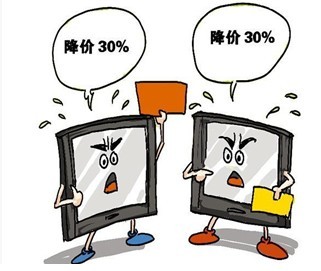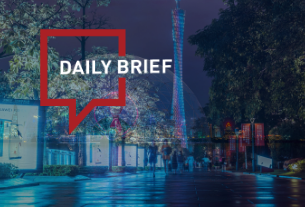Ride-hailing platforms including Didi, Uber, UCAR and Yidao have reduced subsidies and raised prices in several cities since last month, a departure from their previous tactics of handing out cut-throat subsidies to vie for market shares.
The price per ride for Didi in Beijing and Shanghai has hiked around 30%, as the price per kilometer has gone up by 30 cents to 60 cents.

Didi, Uber and UCAR in Guangzhou have also raised prices by about 20%-30%.
Discounts and subsidies have been the key pricing tactics that led to the rapid ascend of ride-hailing platforms. Would the recent price increase mark the end of the “burning-money” model and the slowing of this market’s exponential growth?
Most ride-sharing companies still cannot make ends meet. Uber announced it lost USD 1 billion in China last year; Didi is estimated to have lost at least RMB 10 billion last year although the company didn’t reveal its financial results, and UCAR revealed in its IPO documents it lost RMB 3.7 billion last year.
Gang Peng, president of Yidao, said it was important for any car-hailing platform to balance the interests of passengers and drivers to maintain healthy operation, and never-ending price war was not sustainable.
Didi accounts for as much as 87.2% share of China’s ride-hailing market while the remainder 12.8% is shared by Uber, Yidao and UCAR. Experts believe that the companies should instead give priority to strengthening their market positions and improving profit margins. (Translated by Claire)




